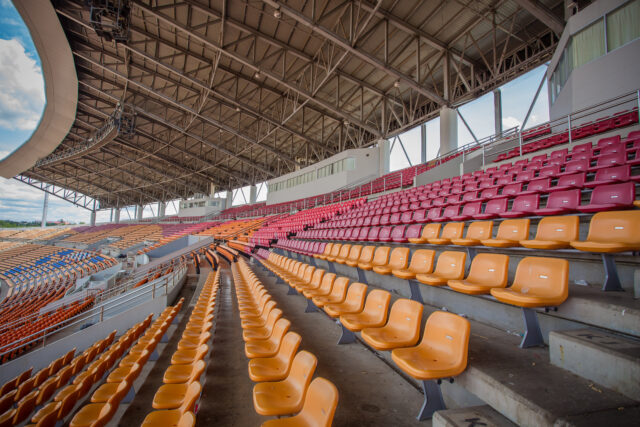The landscape of college athletics is facing another significant shift as the debate over whether college athletes should be considered employees intensifies. Recent legislative efforts and unionization moves have brought this issue to the forefront, raising important questions about the future of college sports. As athletic directors, understanding the implications of these developments is crucial for navigating the evolving dynamics of college athletics.
Legislative and Legal Context
A new Republican bill, the Protecting Student Athletes’ Economic Freedom Act, aims to bar college athletes from being classified as employees. Introduced by Rep. Bob Good (R-Va.), the bill would ensure that college athletes are not considered employees under any federal or state law. This legislative move comes amidst growing efforts by athletes to gain employment status, sparked by notable unionization attempts, such as the Dartmouth men’s basketball team’s vote to join a union.
Key Provisions of the Bill
The bill stipulates that college athletes cannot be considered employees of their institutions, conferences, or associations. It exempts college athletes from the Fair Labor Standards Act, which guarantees minimum wage and overtime, and the National Labor Relations Act, which sets out union rights. According to Rep. Good, the bill aims to maintain a balance between athletics and academics, preserving the traditional collegiate sports model.
Unionization Efforts and Court Cases
The Dartmouth men’s basketball team’s 13-2 vote to join the Service Employees International Union Local 560 has intensified the debate. Despite the school’s appeal against the National Labor Relations Board (NLRB) decision to classify players as employees, the unionization move reflects a growing trend among college athletes seeking to negotiate for better conditions and rights. The case could eventually reach federal courts, potentially delaying any definitive outcomes.
Implications for College Athletic Departments
The potential reclassification of college athletes as employees carries significant implications for athletic departments. Understanding these implications is essential for strategic planning and policy formulation.
Financial and Operational Impacts
Increased Costs
If athletes gain employee status, athletic departments could face substantial financial burdens, including salaries, benefits, and compliance with employment laws.
Revenue Sharing
The new revenue-sharing models being proposed would further strain budgets, requiring departments to find new revenue sources or reallocate existing funds.
Impact on Athletic Programs:
Program Viability
Smaller programs with less revenue-generating capacity may struggle to meet these new financial obligations, potentially leading to cuts or reorganization.
Recruitment and Retention
The ability to offer employment benefits could become a significant factor in recruiting top talent, altering the competitive landscape of college sports.
Governance and Compliance
Policy Changes
Departments will need to revise policies and procedures to comply with employment laws, potentially requiring new administrative roles or departments.
Union Negotiations
Preparing for possible union negotiations will be critical, including understanding collective bargaining processes and implications.
Perspectives and Future Considerations
The debate over employment status for college athletes is multifaceted, with strong arguments on both sides. Advocates argue that athletes deserve fair compensation, protections, and benefits for their contributions and the rigorous demands placed on them. On the other hand,
Opponents, including many in the GOP, warn that such a move could undermine the amateurism model and lead to increased costs and operational challenges.
The push for college athletes to gain employment status represents a critical juncture for college athletics. As athletic directors, it is essential to stay informed about legislative developments, unionization efforts, and potential legal rulings. Preparing for the possible financial, operational, and governance impacts will be key to navigating this evolving landscape and ensuring the continued viability and competitiveness of athletic programs. By proactively addressing these challenges, athletic directors can better support their athletes and maintain the integrity and success of their departments.
Resources:
Bloomberg Law
Iowa College of Law
VOA News




